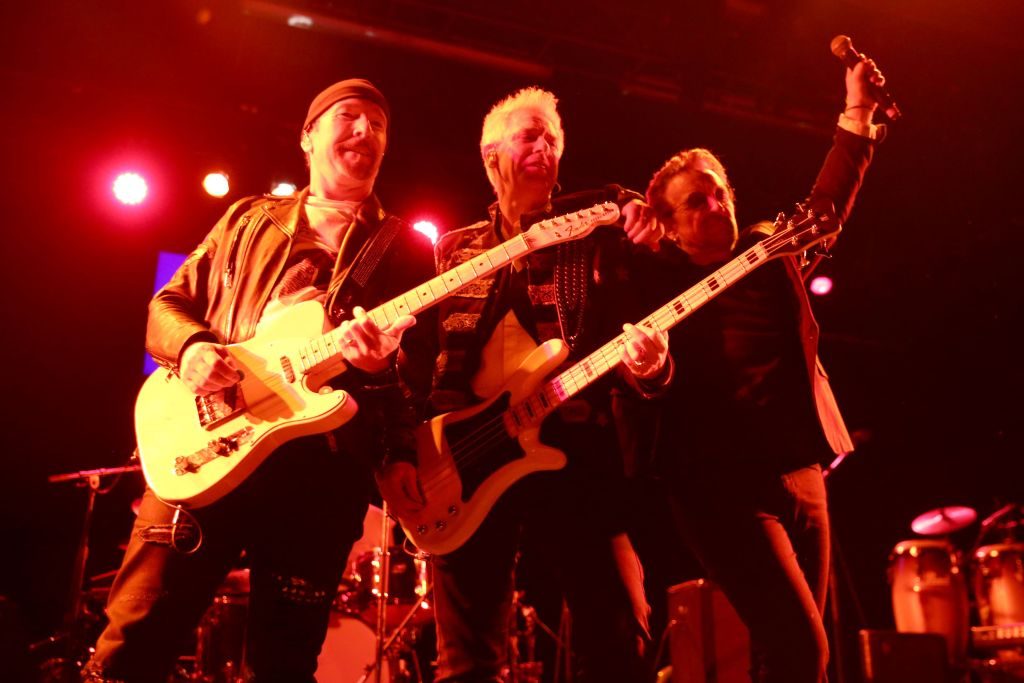Are the Grammy Awards’ Rock Categories Redundant? – Variety


In 1999, the nominees for the Best Rock Album Grammy Award were John Fogerty, Garbage, Hole, Dave Matthews Band and the winner, Sheryl Crow. In 2009, it was Kid Rock, Kings of Leon, Metallica, the Raconteurs and the winner, Coldplay.
In 2019, the nominees were Bring Me the Horizon, the Cranberries, I Prevail, Rival Sons and the winner (for the second time in four years), Cage the Elephant.
With no disrespect to those artists, traditional rock music has fallen on hard times.
Arguably, the last galvanizing artist to arise in that style was the White Stripes, 20 years ago — or even Nirvana, a decade before that. Superstars who got rock nods in other recent years (U2, AC/DC, Pearl Jam, Foo Fighters, Green Day) are from long-past eras, and even many of the newer acts — Muse, the Black Keys, Greta Van Fleet, even War on Drugs — have a dominant throwback element.
The rock performance and song categories are more vital, with noms or wins for Jack White, Alabama Shakes, The 1975, Arctic Monkeys and Twenty One Pilots — but in a telling example of the identity crisis, that last-named group lost the category to David Bowie in 2017 but won a pop Grammy. Who won rock performance the following year? Leonard Cohen, the legendary folk bard who’d died months earlier at the age of 82. It’s hard not to get the feeling that traditional rock is becoming a museum piece, in a way similar to the blues: People are still playing it, but there’s little innovation or relevance.
So in the parlance of many a rock song, what the hell is going on? One explanation: how the Grammys segmented the rock genre into sub-categories including Americana, hard rock and alternative (where acts such as Arcade Fire and Billie Eilish certainly could be considered more rock than Cohen). But longtime Motley Crue manager and Better Noise label founder Allen Kovac says the rock drought is a case of willful neglect by the major labels, although he believes the tide is turning.
“It’s skipped two generations because the majors have failed to develop these acts due to their short-term needs — quick money at the expense of a genre of music that has carried the music business for the last 60 years,” he says.
However, he notes, “I think you’re gonna see that change. There’s a reason why the Motley Crue [biopic “The Dirt”] has been viewed by 60 million people: It’s because there’s something about people who play guitars, write their own music and can perform. And whether it’s Bruce Springsteen or Motley or a new artist, you’re going to get kids who haven’t had role models in that area forming bands. I’m getting music all the time from bands in their early 20s who have seen Motley’s movie and [the Queen and Elton John biopics].”
In the meantime, we could be looking at more Springsteen, Green Day and mid-level rock nominees. But Kovac insists that it doesn’t have to be that way. “There are people like me who know the audience is out there, if the industry can get past consolidation and segmentation for the benefit of quarterly billing,” he says.